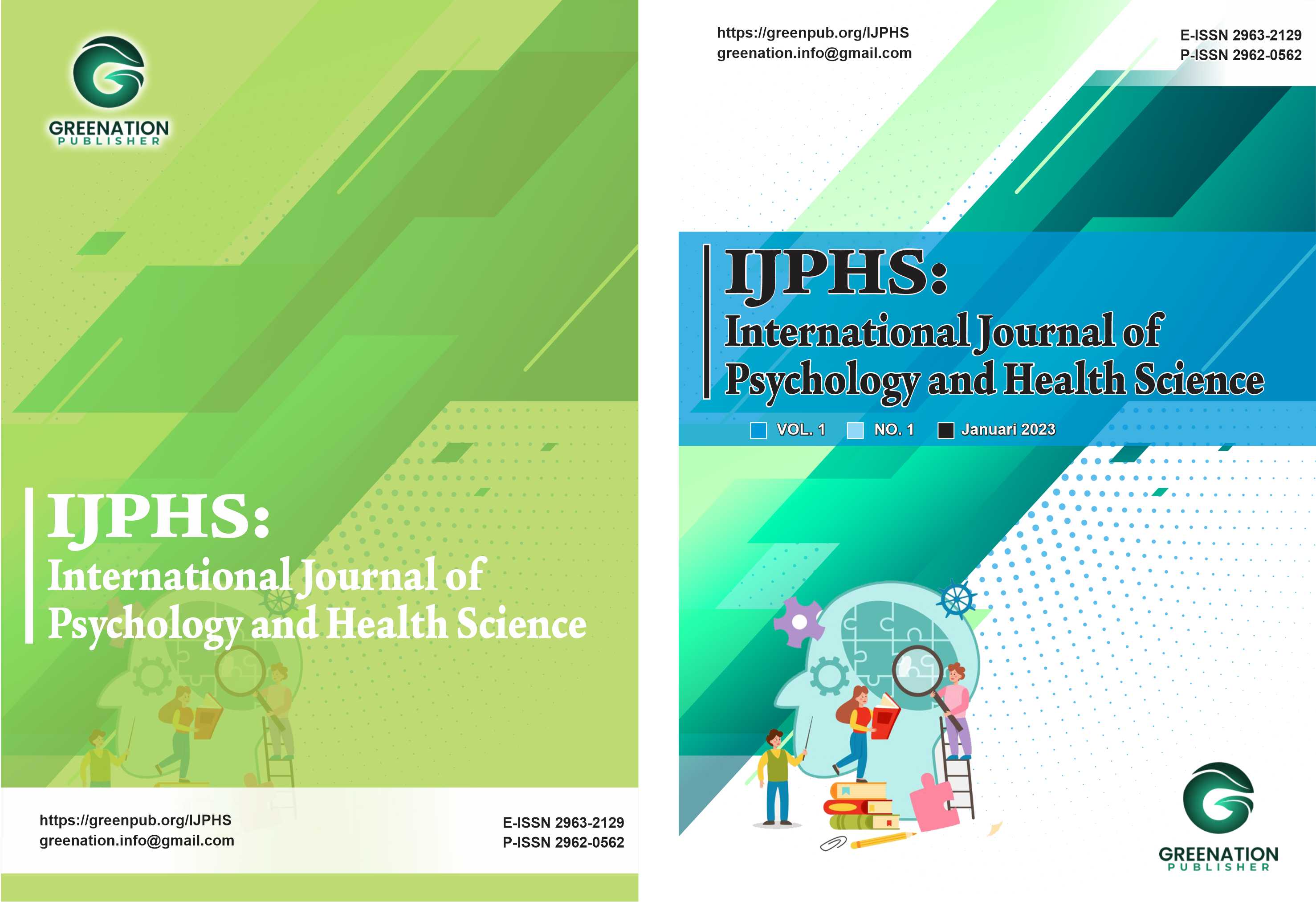Analysis of Halth Workers’ Satisfaction with Electronic Medical Records at Cililin Hospital
DOI:
https://doi.org/10.38035/ijphs.v3i4.1410Keywords:
Electronic Medical Records, perception of health workers, job satisfaction, digital transformation, health servicesAbstract
The use of Electronic Medical Records (RME) is an important part of the process of digitizing health services which requires the active participation of health workers as the main users. This study aims to explore the perception of health workers on the implementation of RME at Cililin Hospital and its relationship with job satisfaction levels. The study used a qualitative method with a phenomenological approach, involving 50 respondents who were purposively selected from a total of 200 health workers. Data was obtained through in-depth interviews and observations, then analyzed using thematic analysis techniques to identify the main themes of the respondents' experiences. The results showed that most health workers showed a positive perception of the use of RME (86.53%) and expressed satisfaction with the system (88%), with a significant relationship between perception and satisfaction (p-value = 0.005). Factors that affect positive perceptions include improving work efficiency, data accuracy and security, and ease of access to information, while the main obstacles are related to the limitations of network infrastructure and the need for continuous training. This study concludes that the perception of health workers plays a crucial role in determining RME acceptance, in accordance with the Technology Acceptance Model framework. The theoretical contribution of this research lies in strengthening the study of the acceptance of technology in the health sector, while its practical contribution provides direction for hospital management and policymakers to expand training programs, improve digital infrastructure support, and improve internal communication. The research recommendations emphasize the importance of policies that are responsive to local conditions and the need for follow-up studies with wider hospital coverage to make the results more representative.
References
Dubale, A. (2023). Perception of health workers on the application of electronic medical records. Journal of Health Informatics, 15(2), 45–52.
Gunawan, E., & Yunisa, F. (2024). The effect of the implementation of electronic medical records on the quality of outpatient services. Journal of Health Information, 6(1), 55–67.
Hossain, M. (2025). Digital transformation in healthcare services. International Journal of Health Systems, 12(4), 101–115.
Indonesia, K. K. R. (2022). Regulation of the Minister of Health Number 24 of 2022 concerning Medical Records. Jakarta: Ministry of Health of the Republic of Indonesia.
Shania, B. A. P. (2024). Factors that affect the acceptance of RME by health workers. Journal of Health Digital Transformation, 3(2), 22–30.
Simbolon, R. (2023). Analysis of the level of satisfaction of health workers with RME in Indonesia. Journal of Health Management, 8(1), 34–42.
Sugiyono. (2022). Qualitative Research Methods. Alphabet.
Venkatesh, F. D., & V., D. (2000). User Acceptance of Information Technology. MIS Quarterly, 24(1), 425–478.
Downloads
Published
Issue
Section
License
Copyright (c) 2025 Erix Gunawan, Bagus Irfan Purkon

This work is licensed under a Creative Commons Attribution 4.0 International License.
Authors who publish their manuscripts in this journal agree to the following conditions:
- The copyright on each article belongs to the author(s).
- The author acknowledges that the International Journal of Psycology and Healt Science (IJPHS) has the right to be the first to publish with a Creative Commons Attribution 4.0 International license (Attribution 4.0 International (CC BY 4.0).
- Authors can submit articles separately, arrange for the non-exclusive distribution of manuscripts that have been published in this journal into other versions (e.g., sent to the author's institutional repository, publication into books, etc.), by acknowledging that the manuscript has been published for the first time in the IJPHS.





















